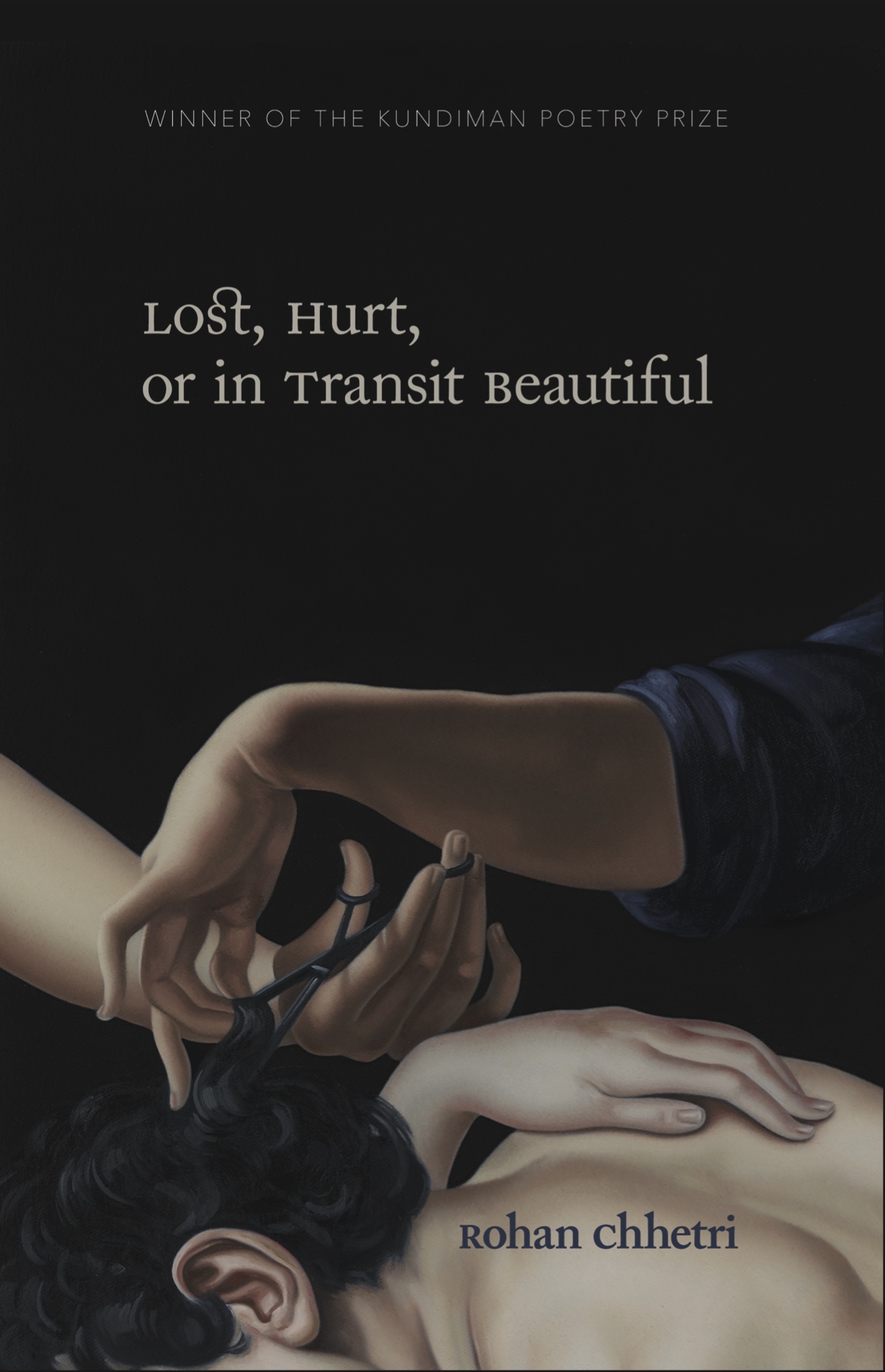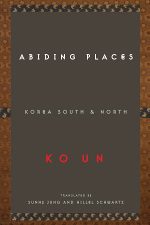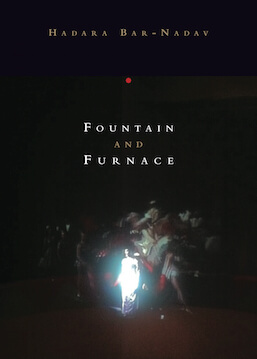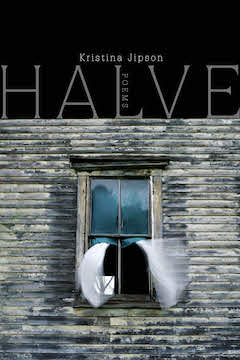Lost, Hurt, or in Transit Beautiful
by Rohan Chhetri
$19.95
Out of stock
“This is a searing book, its imagery in turns gruesome and gorgeous, its language utterly riveting. Rohan Chhetri’s narratives chart a life and family history lived against a vicious political backdrop in which violence is as commonplace as afternoon tea. His poems deliver an arresting vision of lives overfilled with anguish and sorrow, and yet somehow, in the exquisite craftedness of this work, beauty persists. In all, lost, hurt, or in transit beautiful does exactly what poetry books are meant to do: it alters the mind. And I am forever grateful for it.”
—Jaswinder Bolina
“I sincerely hope that Lost, Hurt, or in Transit Beautiful will find many readers. Why? Because Rohan Chhetri is a real poet. What does it mean, in these days of easy praise, to say that someone is ‘a real poet’? For me, it means this is a person who hears that ‘odd tenor, the music of human bones’. Someone who can speak in tongues and yet make sense of ‘how we arrive / at clarity’. In other words: someone whose linguistic ability with English is inimitable. Chhetri is that kind of poet, yes. The textures of his language are undeniably beautiful. But there is more. He is someone who knows how to take a personal story and make it into a myth that will last. This is a poet who can take any landscape, say ‘land blistered by drought & the blight of small towns’ and by just speaking of it make it memorable. This is a poet who can take a character and by just describing that character’s motion give it something memorable: ‘he rides pillion on the old scooter singing / because the breeze makes him young in the face.’ This book has pain and it has discovery. It has wonder. It has the spell of a story and the effortlessness of a song. Which is why I hope it finds its way into you, your hands, readers.”
—Ilya Kaminsky, author of Deaf Republic and Dancing in Odessa
“Death in these poems is no individual predicament but an ever-present afterlife that bonds us to and locates us in widening circles of entanglement: our kin, our errant friends, our villages, our borderfolk, our myths of nationhood and personhood. Chhetri dares to feel and sing this community elegy, and does it in a fierce, inventive, startling, restless language that seems entirely its equal; and trains us, by the book’s last sequence, towards ever purer gestures of agility and thought.” —Vivek Narayanan
“Chhetri’s poems are like tiny sharp pinholes exposing a bright strobe of a world just under the one we’re wandering around.” —Daniel Handler
“This is poetry peopled by ancestors, restless ‘giants walking the earth,’ whose histories drip through the pages like blood, like tears situated in childhood place, the small town, the youth clubhouse turned army encampment, fields after rain, rent by atrocities and revolution. Sometimes rent, destroyed, broken, yet always, always tender. Lost, Hurt, or in Transit Beautiful reads raw and honest, vulnerable and true— ‘Once you crawl white-eyed through a field / of bones into light, what happens next?’ a poem asks, and I wish to say this, only this.” —Janice Pariat
“Chhetri stands as tribute to the valor and beauty of sitting with discomfort, with pain. Such valor is necessary if we are to survive.” —Amber Shockley
“Chhetri’s poems are an act of courage, a baring of the soul, written from the depth of his experiences, some as enigmatic as the title of the book itself.” —The Compulsive Reader
Winner of the Kundiman Prize
An annual award honoring exceptional work by Asian American poets,
selected by the artistic staff of Kundiman and the editors of Tupelo Press
“In Rohan Chhetri’s Lost, Hurt, or in Transit Beautiful, inherited literary forms— the ode, the lyric, and pristine tercets— are juxtaposed with gorgeously fractured and stylistically daring hybrid pieces. The end result is a work in which poetic technique is brought to bear on lingering questions of identity, artistic tradition, and the cruelty implicit in language itself. Here, form, grammar, and syntax function as a kind of containment, but also, a ‘ruined field’ that is rife with possibility. Chhetri dramatizes and resists the ways language, and its implicit logic, limit what is possible within our most solitary reflections, defining even those ‘vague dreams’ that in the end we greet alone. ‘This is how violence enters / a poem,’ he explains, ‘through a screen / door crawling out & Mother asleep on the couch.’ These pieces are as lyrical as they are grounded, and as understated as they are ambitious. ‘In my language, there is a name for this music,’ he tells us. As his stunning collection unfolds, Chhetri reminds us, with subtlety and grace, that the smallest stylistic decisions in poetry are politically charged. This is a haunting book.”
—from the Judge’s Citation by Kristina Marie Darling
Additional information
| Weight | 0.25 lbs |
|---|---|
| Dimensions | 6 × 9 in |







